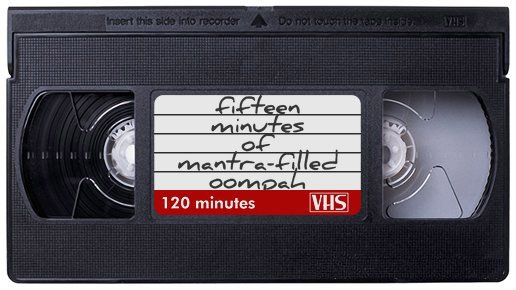Arnold shares the screenplay credit, but as her co-writer Olivia Hetreed also gains a 'story' credit, it seems that the latter was probably behind most of the choices for the structure and focus of the adaptation.
It's interesting that Hetreed used to be a film editor: I've yakked on before about the parallels between screenwriting and editing, and it's clear from the start that she's taken a very bold approach to recutting the raw material.
In keeping with the rest of the film, it's a very stripped-down narrative. The framing sequence involving the new tenant Lockwood is done away with, as is the second half of the novel, featuring Cathy and Heathcliff's children.
Instead, the film is seen almost entirely from Heathcliff's point of view, starting with the moment he arrives at Wuthering Heights - here, a ramshackle farmhouse - having been rescued from living on the streets of Liverpool by Catherine's father.
However, I felt the film ends at a slightly unsatisfactory point (Catherine dies and Heathcliff – after a brief and oblique haunting – walks out onto the moor). It offers nothing like the sense of eternity and resolution you get from the book's famous closing paragraphs.
Anyway, that stripping-down extends to the dialogue; it really is a lesson in the 'show, don't tell' maxim. Indeed, the one or two occasions where someone issues a bit of 'regular' expositionary dialogue stick out like a sore thumb
That minimalism gives full rein to the film's strongest impression: the unsentimental ferocity of the natural environment and – by extension – the human behaviour it moulds. Wuthering Heights is a visceral film that's often savage and even disturbing, especially for animal lovers.
Arnold said in a Guardian interview: “The sense I get is that people have quite a physical experience with [my films]”, and that was certainly the case here: even sitting in a cosy cinema, it was hard not to feel buffeted by the wind that keeps blasting across the moor.
In fact, that kind of almost synaesthetic sensory overload is something that characterises Wuthering Heights: I can't remember a film that's so preoccupied with texture and the depiction of how things feel. (A reminder that screenwriters should be thinking with all their senses as they create their scenes.)
In terms of writing, imagery, editing and photography, I found there were interesting choices in just about every scene of the film.
She might not be a crowd-pleaser, and Wuthering Heights isn't without its flaws, but I think Andrea Arnold is a fascinating film-maker who needs to be watched.
* Sadly, the near-purging of dialogue means that the most famous passages from the book have been jettisoned, including my probable fave - Heathcliff's chilling invocation after the death of Catherine.
'And I pray one prayer—I repeat it till my tongue stiffens—Catherine Earnshaw, may you not rest as long as I am living; you said I killed you—haunt me, then! The murdered do haunt their murderers, I believe. I know that ghosts have wandered on earth. Be with me always—take any form—drive me mad! Only do not leave me in this abyss, where I cannot find you! Oh, God! it is unutterable! I cannot live without my life! I cannot live without my soul!'PS. An unhappy coda to the film: James Howson, the non-professional actor who was found in a Leeds Job Centre and paid £8,000 for his leading role as the older Heathcliff, has been sectioned after admitting racially abusing his ex-partner.
PPS. On a slightly brighter note, here's my other favourite treatment of the book:




No comments:
Post a Comment